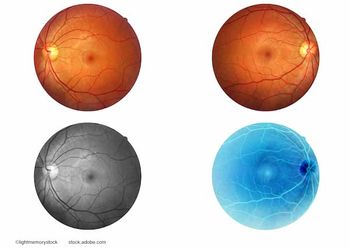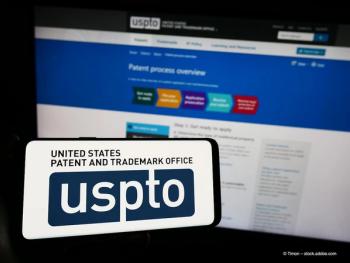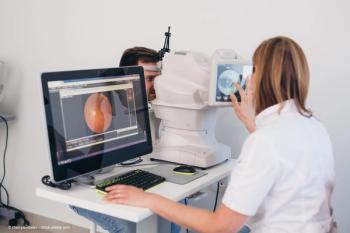
Inaugural Retina Research Scholar Program to be a ‘major highlight’ for AAO 2017
NEW ORLEANS – The inaugural Research Scholar Honoree Program was designed to highlight residents and fellow education, said chair Rishi P. Singh, MD (Cleveland, Ohio), and a member of the Modern Retina Street Team.
“Educating our residents and fellows on the clinical aspects of ophthalmology is as important as being good research mentors for them. We do not always get to highlight their research work, provide them feedback, and congratulate them a job well done especially at major ophthalmology meetings. The Retina Scholars Program will serve to inspire clinician scientists in our field and to encourage their scientific contributions to medicine,”Dr. Singh said.
With grant support from both Regeneron and Carl Zeiss Meditec, and publication support from Modern Retina and Ophthalmology Times, the program will take place just before Retina Subspecialty Day at the American Academy of Ophthalmology, he said.
While the goal of most training programs is to provide the best resident and fellow education “this program highlights the insights they have developed into the conditions that they treat and possible future therapeutic approaches to ophthalmic diseases ,” Dr. Singh said.
The process of selection was rigorous - residents and fellows from across the country submit their research projects for the program.
“We received a numerous number of abstracts, only a portion of which were accepted into this program,” Dr. Singh said. With fellow judges Judy E. Kim, MD; Charles Wykoff, MD; Richard F. Spaide, MD; and David Brown, MD, the group graded the abstracts based on scientific method, conclusions, and what the contribution to the field would be. From there, the panelists chose the top group of applicants for live presentation during Thursday’s program.
“As part of the live presentation, they will provide a presentation consisting of seven minutes long, with a three minute question and answer period from the panelists,” Dr. Singh said. From those presentations, the panelist will choose the top 5 recipients. Dr. Spaide will also deliver the keynote address on why doing research beyond fellowship is a good idea.
The top 5 recipients will be presented with the Crystal Award and will have their research highlighted in individual articles throughout the year in Ophthalmology Times (both online and in print) and in a supplement to Ophthalmology Retina. The 16 finalists each received travel support and accommodations to allow them to present.
This year’s research topics ranged from using optical coherence tomography and other imaging devices to assess various aspects of the eye to evaluating the long-term efficacy of drug delivery devices to in vitro experiments on drug effects to timing of drug delivery to prevent endophthalmitis.
Newsletter
Keep your retina practice on the forefront—subscribe for expert analysis and emerging trends in retinal disease management.














































